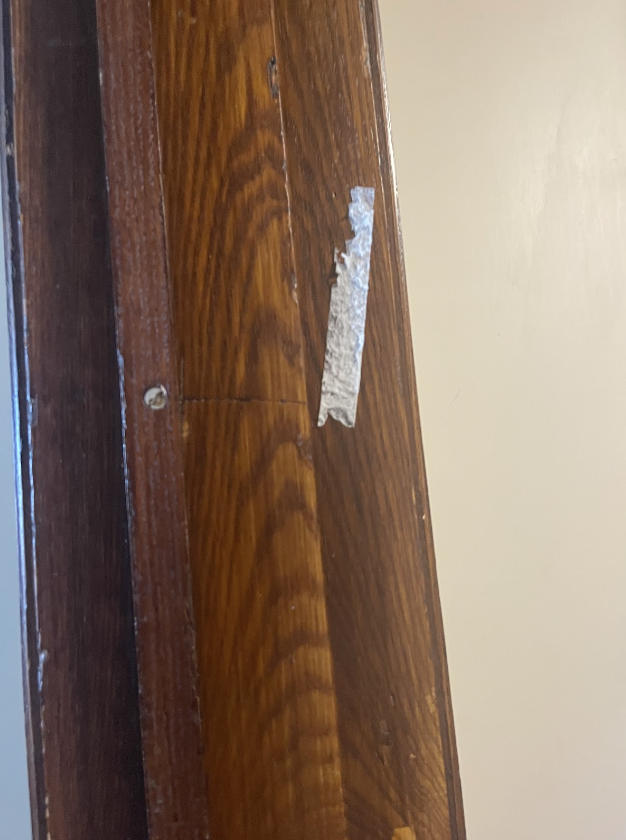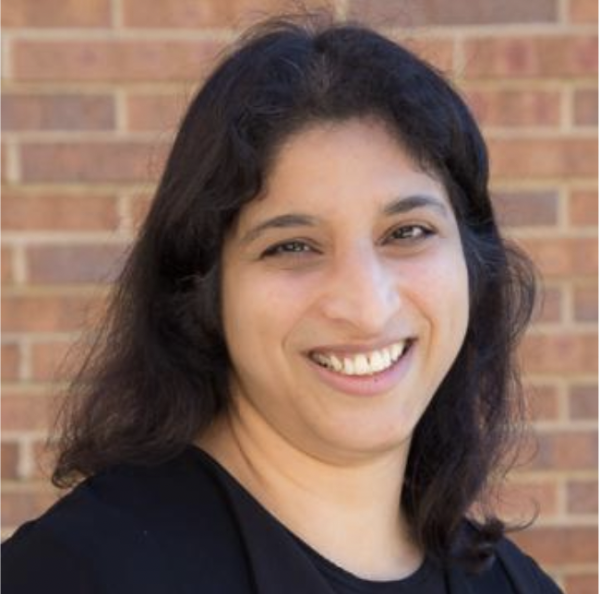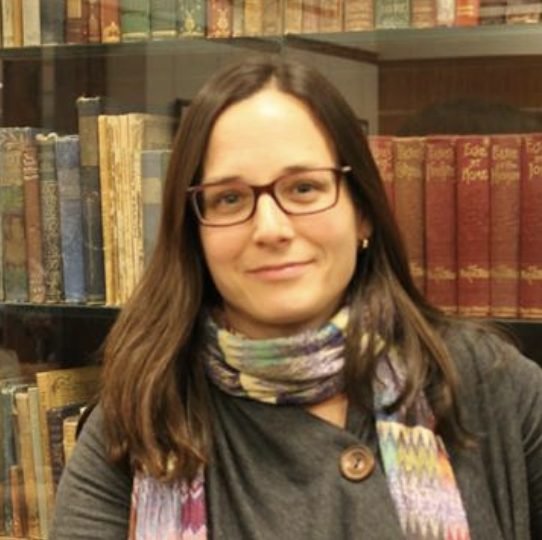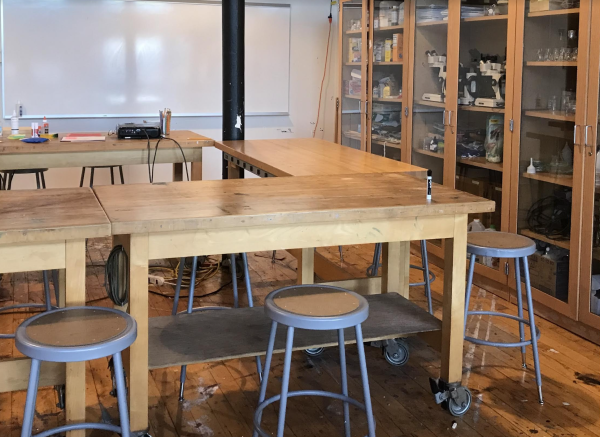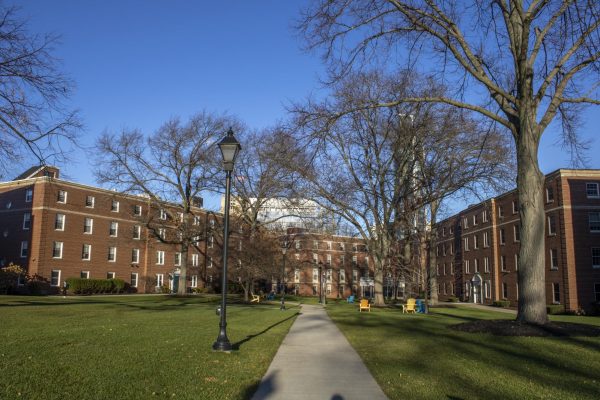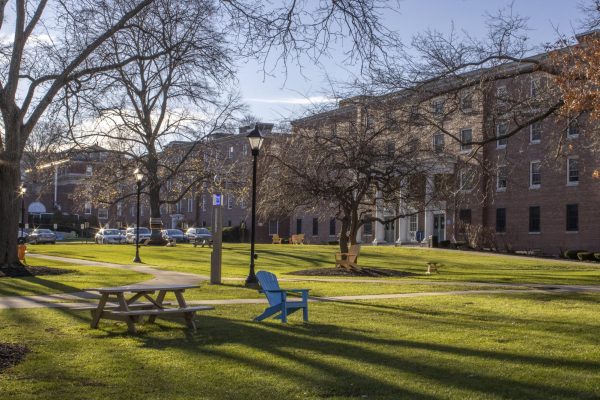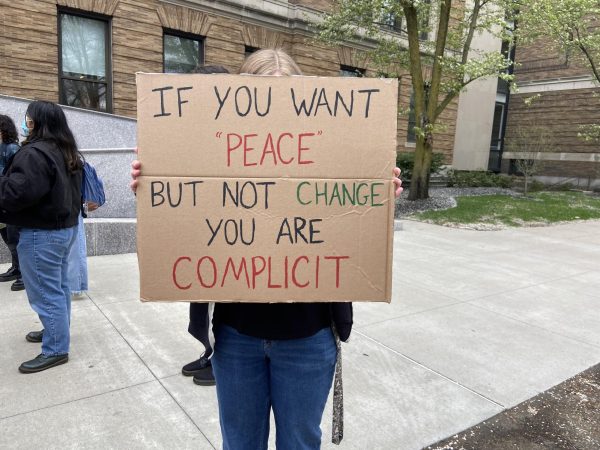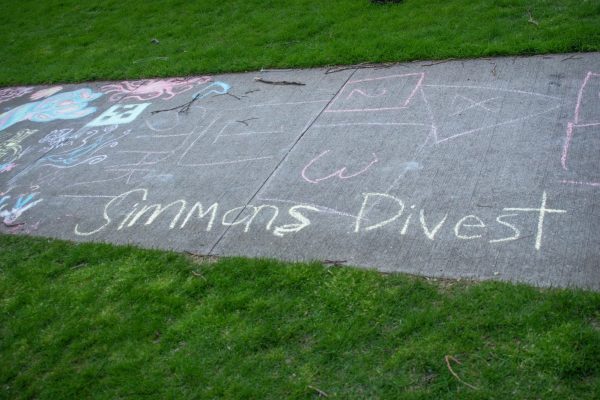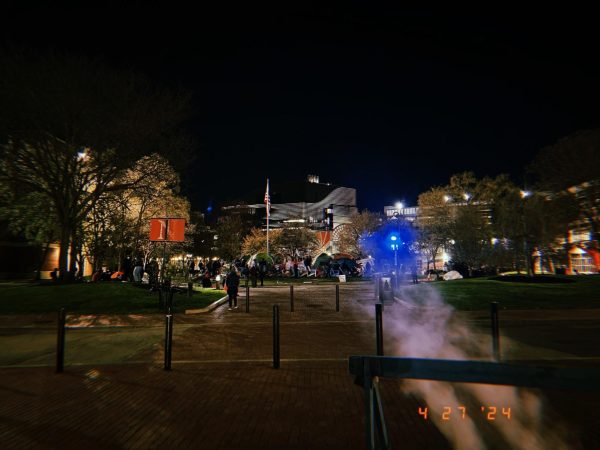Simmons student files EthicsPoint reporting instance of antisemitism on residential campus
“What it meant to me, as an openly Jewish woman, is that a 5-inch by 1-inch by 1-inch box is too much space for me to take up at Simmons University.”
April 24, 2023
Sophomore Luciana Libis was shocked by an act of antisemitism occurring in her South Hall dorm on March 27. According to Libis, she is the only observant, practicing, Orthodox Jew who lives on the residence campus. That morning, she noticed that her mezuzah had been torn down.
“I was distraught,” said Libis in an interview with the Voice. “What it meant to me, as an openly Jewish woman, is that a 5-inch by 1-inch by 1-inch box is too much space for me to take up at Simmons University.”
Immediately, Libis took a picture of what had happened and sent it to her Hillel Advisor, Celine Sanborn, who supported Libis throughout her next steps. They worked together to fill out an EthicsPoint, which is a form that Simmons uses to handle bullying and discrimination. Once it is filled out, the form is transferred to the appropriate administrator.
Libis also contacted The Office of Residence Life and spoke with her Area Coordinator. Sanborn accompanied her to the Public Safety and Student Affairs offices, and Libis also contacted the Title IX office and her Resident Advisor.
Sanborn, along with the Office of Student Affairs, are unable to provide comment on this story until the investigation of this incident has concluded.
“[Simmons] is doing the best they can at the moment,” says Chelsea Kranc, Vice President of Simmons Hillel. “It’s always difficult when something like this happens on campus because we have to follow protocol…it takes more than a day to make change happen.”
Libis and Kranc were asked about how the Simmons community could become better allies to Jewish individuals. Both emphasized wider discussions about antisemitism on campus in general, along with anti-Semitism training in conjunction with the Diversity, Equity, and Inclusion training that already occurs during orientation.
In addition, they added that supporting Jewish students on campus is vital. Both also mentioned having Kosher options in dining halls.
“To make True Balance [in Bartol Hall] Kosher, they would have to buy hectured food which is labeled kosher and have a mashgiach (Jewish person) supervise the cooking,” said Libis.
Libis added that True Balance is already dairy and shellfish free, so by implementing the above ideas, along with no longer serving pork, and using separate equipment and kitchens, the station could become fully Kosher.
Helping students during holidays was also duly noted; for example, some Jews do not use any form of electricity on Shabbat, which includes tap access to buildings. A student who is not observing Shabbat can easily tap an observant student into any building on campus.
“The Jewish community is very unified and tight-knit as students, not just members of Hillel,” said Kranc. “Students who know someone who experienced an act of anti-Semitism can band together and support one another.”



